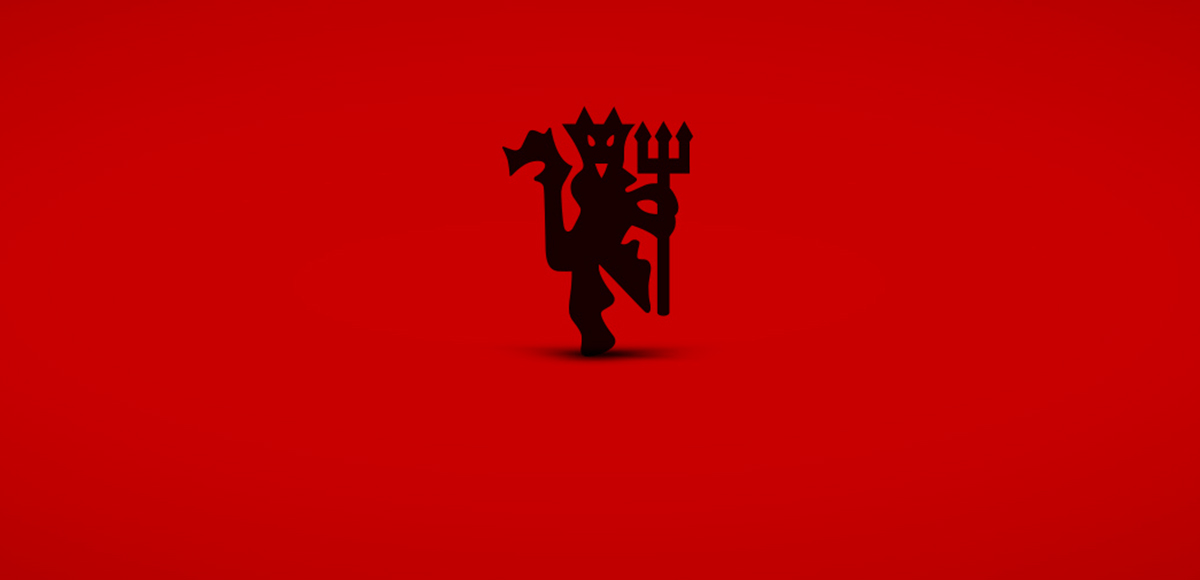As Manchester United navigate through a tumultuous period under new head coach Ruben Amorim, the club’s struggles continue to dominate headlines. The Portuguese tactician, who took the reins from Erik ten Hag in November 2024, has faced an uphill battle in implementing his philosophy at Old Trafford.
The January transfer window, which closed on 3 February 2025, offered little respite for United’s woes. Despite the club’s precarious position in the bottom half of the Premier League table, only two significant additions were made to the squad. Patrick Dorgu arrived from Lecce for an initial £24 million, while young prospect Ayden Heaven was secured from Arsenal for a reported £1.5 million.
These modest reinforcements have done little to alleviate the pressure on Amorim, whose 3-4-3 system—a hallmark of his success at Sporting CP—has yet to bear fruit in Manchester. The team’s inability to adapt swiftly to this new tactical approach has been evident in their inconsistent performances and alarming home record, having lost five of their last six matches at Old Trafford.
United legend Paul Scholes recently shared his thoughts on the team’s predicament, offering a critique of modern football’s tactical emphasis. Speaking on the Overlap Fan Debate with Sky Bet, Scholes remarked:
“I’ve been watching Manchester United the last few weeks, specifically how they’ve been warming up before matches, and I’ve noticed that they’re practicing the team shape. Nowadays, with football being so tactical, I feel like the life has been sucked out of the players.”
Scholes’ observations highlight a potential disconnect between Amorim’s meticulous approach and the players’ ability to express themselves freely on the pitch. The former midfielder’s comments resonate with a growing sentiment that over-reliance on tactics may be stifling creativity and spontaneity in the game.
“The warm-up is there to enjoy, having the ball at your feet, practicing your touch. But, everything is focused on tactics. They’ve even started practicing set-pieces in front of the fans, which just seems odd to me,” Scholes added, questioning the value of such detailed pre-match preparations.
Amorim’s tactical overhaul has been further complicated by the club’s transfer activity—or lack thereof. The departures of key players on loan, including Marcus Rashford to Aston Villa and Antony to Real Betis, have left the squad thin in attacking areas. This exodus, coupled with the long-term injury to Lisandro Martinez, has forced Amorim to rely heavily on academy graduates and to repurpose players in unfamiliar roles.
The upcoming FA Cup tie against Leicester City on Friday looms large for Amorim and his beleaguered squad. With United’s domestic campaign in disarray, the cup competition offers a glimmer of hope for salvaging the season. However, the Foxes, under the guidance of former United striker Ruud van Nistelrooy, will be eager to capitalize on the Red Devils’ vulnerability.
As United prepare for this crucial fixture, questions remain about Amorim’s ability to turn the tide. The Portuguese coach’s track record of nurturing young talent and implementing an attractive, high-pressing style at Sporting CP suggests that patience may be key. However, in the high-stakes environment of Manchester United, time is a luxury rarely afforded.
The coming weeks will be critical for Amorim to demonstrate that his tactical vision can translate to success in the Premier League. With the spectre of a season without European football looming, the pressure is mounting on both the coach and the players to find cohesion and rediscover the winning formula that has eluded them thus far.
As United fans anxiously await signs of improvement, the words of Paul Scholes serve as a poignant reminder of the club’s storied past and the expectations that come with wearing the famous red shirt. Whether Amorim can strike the right balance between tactical discipline and creative freedom may well determine the fate of his tenure at Old Trafford.


